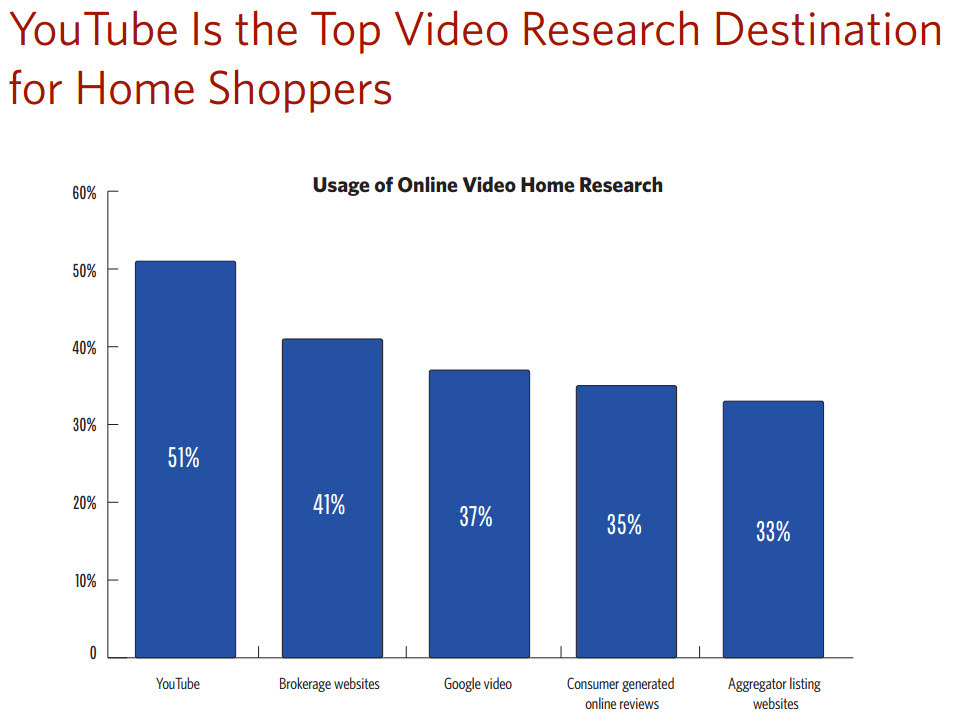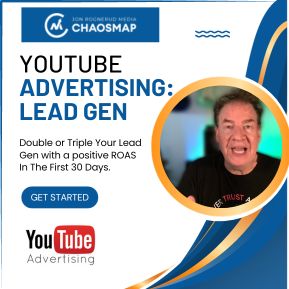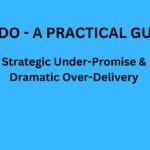This Is Your Quick Guide To SEO For Real Estate Agents
Learn how you can beat Zillow at their own game!
Become a highly trusted real estate agent in the eyes of search engines and users alike – by following these SEO for real estate tips.

Real Estate Researchers state 90% (PDF download) of all real estate purchases begin with a simple online search on Google.
Plus, the importance of “local” search terms and the power of mobile friendly websites adds to essential drivers for future (your) real estate buyers and sellers.
The unprecedented success of SEO becomes easier to understand with these statistics:
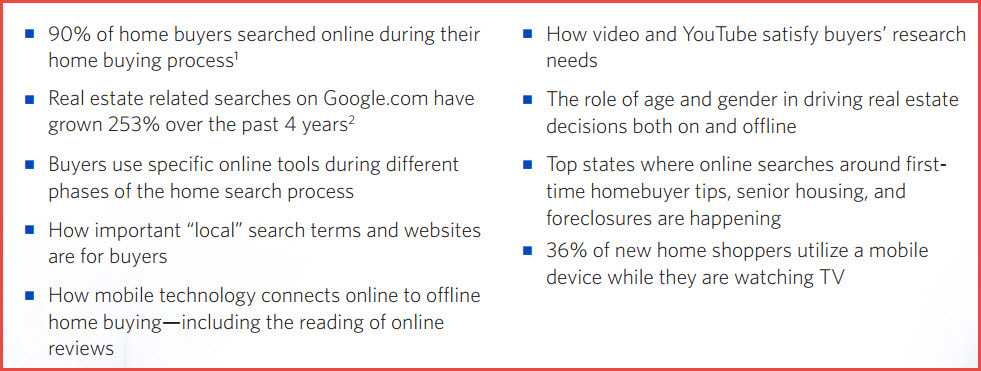
It has become vital for real estate agents to grasp the modern advantages of ranking their site and targeting incoming leads through search engines.
Those who are not doing this will continue to settle for less. Learn the ins-and-outs of SEO in this article and get started on Real Estate SEO Training (Los Angeles courses)
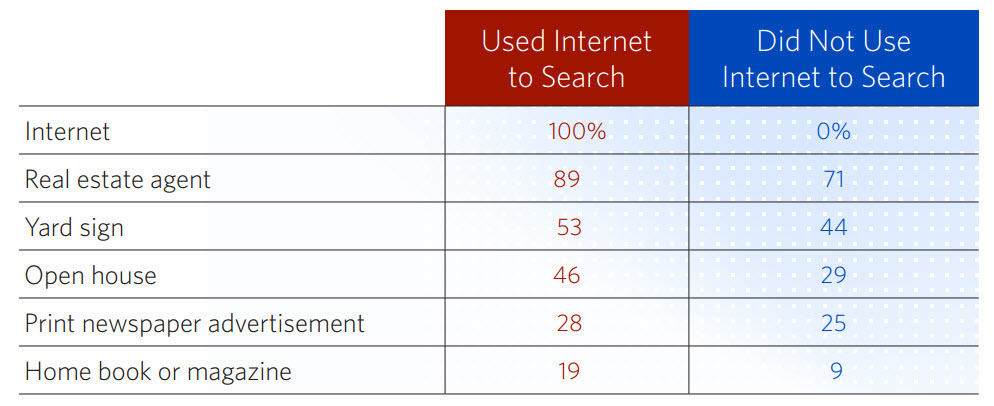
However, where does one begin when it comes to ranking a site and understanding SEO?
This simple guide to SEO for real estate agents should help set things up for those who wish to maximize the market to its fullest potential.
SEO Real Estate Definition?
Before progressing to the “nitty-gritty” details, let’s commence with what SEO is all about.
SEO is the idea of optimizing your site to help rank for targeted keywords (long or short) in a purposeful manner to help attract leads of buyers and sellers. We call this organic, natural or algorithmic search.
You of course have options to buy your real estate keyword clicks, say on Google Adwords or Yahoo Gemini. Facebook Ads and Twitter Ads both have great targeting and lead generation opportunities.
But, once you rank using SEO for your local real estate terms, that listing if FREE in search results – forever.
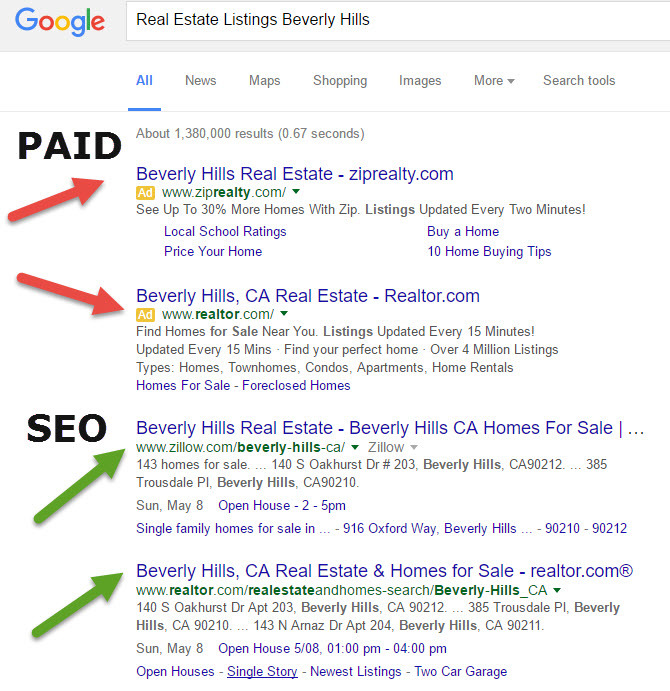
For example, a prospect visits Google or Bing, enters a word or phrase (i.e. Real Estate Listings Beverly Hills), and clicks on one of the results that show.
(Ed. Note: In the picture above, you see realtor.com and zillow.com as highly authoritative sources. They are known brands to search engines as well as users. But, this doesn’t mean that you cannot position yourself in your region for highly valuable search terms, as you’ll see.)
With a simple search, the site they clicked has gained a new lead (assuming they contacted you, via phone, search or form submission). You want to be that site and SEO coupled with lead conversion optimization is how it is done.
When you rank for keywords for your area, you are the site that will show up when the prospective client types it into search engines.
Real Estate SEO Keyword Research
For a successful SEO campaign, you need to be particular about your keyword research.

This is the foundation you are laying down for the site.
If the keywords being targeted are not valuable, the work you put in will be wasted.
So, what should a real estate agent look for when it comes to keywords?
You are going for local key strings.
Let’s stick to the example of Los Angeles for this part of the guide.
A few examples of keywords you might target would be the following.
Here we use Los Angeles (LA) as an example, but you can replace the location with [City], or [Your Town]. That includes using specialized, local terms like [South Bay] (Just south of LAX region)
- Best Homes in Los Angeles
- Best Homes In LA
- New Homes For Sale In LA
- Best Real Estate Agent In Los Angeles
- Top Real Estate Agent In LA
- Real Estate For Sale In The South Bay
These are just a few examples.
You can create an endless list if you’d like. Ubersuggest is an excellent tool if you are finding a hard time coming up with potential options. It will pop out hundreds for you to work with.
However, anyone can do this. You need to make sure those keywords are being searched up as well.
This is where you will use a keyword research tool & planner (Read the Google’s Keyword Planner example for local cities). Start entering in these keywords you have come up with. You will then look at how many “monthly searches” these keywords are getting.
WARNING:
Do NOT go for the highest trafficked numbers found in the Google Keyword Planner Tool! That is a mistake. Instead, look for the competition level column and see how the local identifiers coupled with the competitive metrics stack up instead. Look at Low to Medium numbers.
Look to create a list of 20-30 real estate related keywords with variations of length, location and types of searches to start.
Unique and Custom Content Is Important
SEO is more than keyword research, despite what the first segment of this guide states.
It requires precision and an eye for detail.

It also requires an appreciation for the reader’s intelligence and understanding of what they are looking during their Customer Journey. (Read my article on Huffingtonpost regarding Commercial Intent)
You are not aiming to outwit the reader with real estate SEO, but instead, educate and woo them with current, fresh information while you create triggers to engage them.
For example, you can create a popup or message that says: “sign up to get my daily real estate alerts for your area with price comparisons, selling history, information for families, and much more”.
This is done by presenting quality content they will wish to read.
Getting a person to come in from Google is the easy part. But, you want to convert them as well. A visitor is useless until it leads to a conversion.
This doesn’t mean they will pick up the phone and call you directly at that time – you must engage them, capture their email and look at options like retargeting.
Video on retargeting pixels:
Therefore, you want to create custom content, which seems to weave in keywords without being abrupt or reckless. This is the sign of a well-oiled SEO campaign. You will gain far more traction doing this than someone who blindly copy/pastes content in the hopes no one will notice.
15-20 years ago you would have used radio, tv and the now outdated Yellow Pages. Leverage content creation and promotional strategies instead, and learn about content marketing (definition) today.
Google and other search engines notice changes and updates on your pages. Their bots are meticulous about this – unless you have blocked them from accessing your online assets. And yes, that includes media like video, books, news and more.
Use SEO Plugins For Your Real Estate Web Site
If you are using WordPress for Local SEO, you should be looking to download Yoast as soon as you can. This is one of the better “free” SEO plugins on the market right now. It will tell you when the content being posted is 100% SEO friendly or not.

This is vital because you might miss out on details along the way.
NOTE: Do not follow it as ‘gospel’ – but leverage the tool as a guide, and it will help your search engine optimization work.
It will provide you with hints as to what you can do to optimize the content before publishing it.
Follow the lead and watch as your real estate website comes to life.
Do Not “Keyword Stuff”
This guide has to repeatedly state this because keyword stuffing is a major sin in the world of SEO.
You will have all of these great keywords, and it will become enticing to add them as many times as you can into the content. However, this does not work.
Here’s a quick video on doing better keyword research for financial markets, the real estate industry and related businesses:
The bots will know when you are keyword stuffing. There used to be a certain percentage (keyword density %) regarding keywords, but that’s not an advisable strategy any longer. Instead, sprinkle keywords naturally throughout the copy and use related terms and links within the copy to help the reader.
Real estate websites have to be on top of this and make sure the keywords are positioned well, and that the text reads well.
It is of particular importance in this niche because the client has to make a major decision and will read through every word, especially details around the home properties.
It’s obvious if you are doing it (to users and search engines), and you will eventually drop in rankings and potentially permanently filtered.
Keyword stuffing is unacceptable.
On Page SEO Matters
On page SEO (vs. “off-page SEO” – links) is all about what you are doing on the site itself.
That includes the copy (text) and also the internal (HTML) code that the search engines will capture and store in their databases.
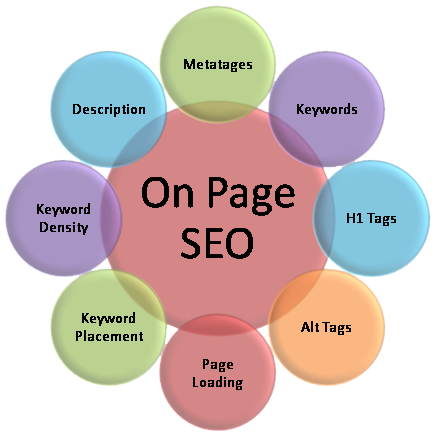
You want to make sure all of the tweaks are made to improve the site and make it easier to rank. You want it to be full of custom content, rich in keyword quality, easy to use and have the appropriate meta tags in place.
Real estate agents will be smart to interlink (link out to other pages on your site, and also externally) as much as possible.
This gives the site a better look in the eyes of search engines and provides a “trusted” resource that will invite repeat visitors.
You should also be seeking to change the URLs and have them as clean as possible (no unnecessary letters or numbers).
You want to add meta descriptions to entice the user to click on your result in search engines. Don’t worry about stuffing keywords here. Think about the user’s needs first. This is the first thing a person sees when the site pops up on Google. It is the little blurb under the link.
Build Backlinks And Remove Dead Links
Backlinks are vital, and Google was built on this premise: get a trusted link or vote from another source with a relevant context.
Realtor.com shows millions of backlinks, but you don’t need that for your local area.
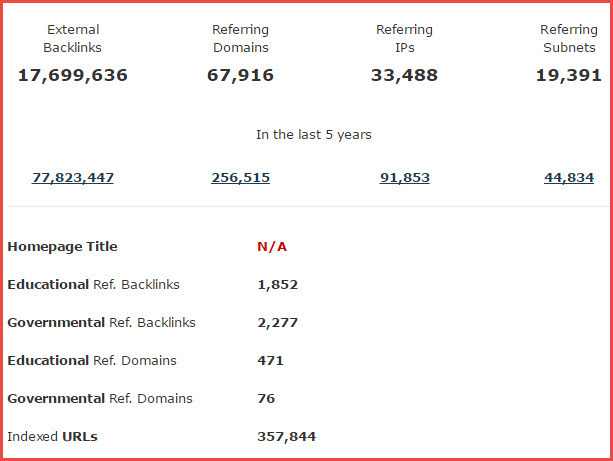
You want to show Google this is a well-connected site that is appreciated in the real estate niche.
Ever seen agents who have joined up with a big firm and automatically start ranking? You will see this often when you are doing your homework on how to make things work online. Bigger firms have acquired trust and authority online, and they have a lot of links, and many of them are high quality too.
Those agents are not ranking because of a magic potion.
They are ranking because of quality backlinks from the web and back to their agency or firm’s website pages.
The organization places pictures, content and build their own link from their trusted site site and providing “SEO juice” to help the new agents.
It is a simple process and one that works.
You will have to do the same without the aid of a big agency’s site. You will use it through other means such as asking for them and visiting forums, related sites, and blogs. That includes guest blogging as well (which is not dead by the way!)
You want to build as many backlinks as you can in a natural way.
Please do not spam as that is unacceptable and will make you seem unprofessional and Google will not help you either.
You want to approach site owners and ask for guest spots on their site. You might even find people who are willing to take a monthly payment in some cases, but tread carefully. Google doesn’t like paid links.
And remember – local links and citations (references) are hugely valuable to your brand, and you’ll rank for search terms when applied correctly.
Social Media For Real Estate Agents
Search engines have come to expect the best to be seen with data consistency and proper connections to their social media accounts.
You want to have accounts on Facebook, Twitter, LinkedIn, YouTube and Instagram to name a few.
And, make sure those accounts are active and fresh with content, listings, giveaways, contests and more. But, don’t just flood these with information. Watch for where your audience ‘lives’, and engage on those platforms. Be different.
They should be connecting to your main site at all times and you must provide a healthy, professional look and feel throughout.
This will help users find you, and Google will take note also. Building likes on Facebook is useful, but not as good as presenting quality content that people will share, and eventually comment on. (Plus, running Facebook ads for folks who already like your page is incredibly powerful. Try it!)
The more these platforms are growing, the more it has become necessary for you to connect to them as a real estate agent.
Understand Competiton In Your Marketplace
What is the competition doing that you are not?
SEO is not just about doing your own thing; it is about learning from the rest of the field and making yourself stand out.
You don’t have to copy them, but being aware of what they are going for makes it easier to lay out your plans as well. As you enter search terms yourself, look for the results, click on them, see what paid ads show up as well.
Anything you are not doing?
The competition is an excellent way to close the gap as much as you can.
Maintain Data and User Engagement Consistency
Regardless of what type of SEO campaign you are running, consistency is the name of the game.
You have to post fresh content (listings, blog posts, videos etc) on a regular basis and work hard on SEO as often as possible.
This is the only way you will take all of the major leads and get a fresh stream of new clients.
Remember, 90% of people in the real estate market start off with that simple search. You will see a noticeable increase once you keep at the SEO game.
REMINDER: Spamming Search Is Off Limits
Please do not spam.
It bears repeating: stop spamming.
You are only hurting yourself by spamming.
The site won’t do well in the search engines and you will look unprofessional, and possible become de-listed.
If there was one niche where spamming is off limits, this is the one without a doubt. Stick to your guns and do the right stuff to see results and work with a top Real Estate SEO Company.
This is what real estate SEO is all about, and this guide should give you the leveraged needed to push forward.
Finally, think about leveraging YouTube Videos and maximizing their results in search engines.
Many times these videos can be easier to rank in your SEO results than your websites.
There are of course lots of great resources available in this market. Here’s one we like – 42 Creative Real Estate Marketing tips from other experts that you can use.
Editor’s Note:
This post was written for real estate agents – and if you are seeking advice, training or consulting on Real Estate SEO and marketing, submit a quick request here. We are real estate SEO experts.
Jon Rognerud and Chaosmap work with Fortune 500 companies, associations and entrepreneurs to create digital traffic strategies that scale up members, customers, leads and sales with profitable returns. Mr. Rognerud wrote a best-selling book (Buy On Amazon), “The Ultimate Guide To Optimizing Your Website” (Entrepreneur). Connect directly here.



